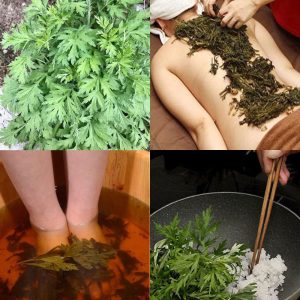Introduction Figs, known not only for their sweet fruit but also for their versatile sap, are a treasure trove of natural utility.
Commonly referred to as fig “milk” due to its milky appearance, this sap has various uses, from traditional remedies to practical applications around the home. In this guide, we’ll explore how to safely collect and utilize fig sap, enhancing your sustainable living practices.
What You Need to Know Before Collecting Fig Sap
Before you begin tapping into the natural resource that fig trees offer, it’s important to understand a few key aspects:
Safety First: Fig sap contains latex, which can be irritating to the skin and eyes. Always wear gloves and protective eyewear when handling the sap.
Seasonal Collection: The best time to collect fig sap is during the late spring through early autumn when the tree is actively growing and the sap flow is more abundant.
Tree Health: Only collect sap from healthy, mature trees to avoid stressing young or weakened specimens.
Tools and Materials Needed
- Gardening gloves
- Protective eyewear
- Sharp knife or a small, clean cutting tool
- Collection container (such as a glass jar or a plastic bowl)
Step-by-Step Guide to Collecting Fig Sap
1. Prepare Your Tools: Ensure all tools are clean and sharp to make a clean cut, which is less harmful to the tree.
2. Select the Right Spot: Choose a spot on a branch or the trunk where you can easily make a small incision. Avoid any areas that look diseased or damaged.
3. Make a Small Incision: Carefully cut into the bark of the fig tree. The cut should be shallow and not more than a few inches long to minimize damage.
4. Gather the Sap: Position your collection container under the incision to catch the dripping sap. Depending on the flow, you may need to leave it for a few hours.
5. Seal the Cut: Once you have collected enough sap, seal the cut with a natural tree sealant or by smoothing mud over it to protect the tree from infections.
Uses of Fig Sap
Fig sap has been utilized in various cultures for its medicinal and practical properties:
Natural Remedy: Diluted fig sap has been used as a natural remedy to soothe skin irritations and warts.
Culinary Uses: When properly processed, fig sap can serve as a coagulant in making dairy-free cheese.
Gardening Aid: The sap can act as a natural deterrent for pests when applied to other plants.
Collecting and using fig sap is a rewarding endeavor that not only offers a way to engage with nature but also provides a range of benefits. By following these steps, you can ensure a safe and effective collection process, contributing to your eco-friendly lifestyle.
Safety Note
Always perform a patch test with diluted sap to ensure you do not have an allergic reaction. Consult with a professional if you’re unsure about the proper handling and use of fig sap





